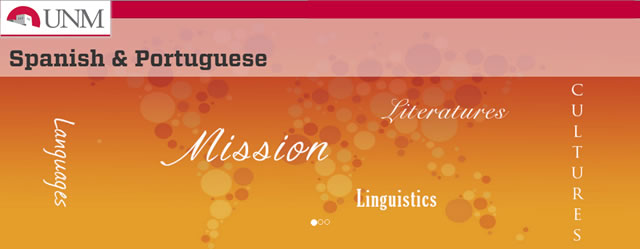
Spanish and Portuguese ETDs
Publication Date
5-9-1956
Abstract
The object of this study is to present the ideology of the Spanish people as it is seen in the oldest of the historical ballads. The method of ballad selection is of vital importance and is based on the following assumptions:
1. The primitive epic (from its origin through the twelfth century) is a near perfect expression of popular ideology.
2. The epic degenerated in the thirteenth, fourteenth, and fifteenth centuries. Degeneration is considered to mean the gradual substitution of chivalresque values for epic values and increasing failure to express popular concepts.
3. The ballads originated as fragments of the degenerating gestas.
4. The ballads derived from the gesta salvaged the popular essence of the degenerating parent form.
5. The ballads derived from the gesta constitute the most important group.
6. Ballads derived from extremely decadent gestas should be exluded.
7. Certain fourteenth and fifteenth century ballads concerning reigns of that period are important, but are subordinate to the first group.
8. The importance of the fronterizo ballads is subordinate to the above groups.
9. All other ballads should be excluded.
Degree Name
Spanish (MA)
Level of Degree
Doctoral
Department Name
Spanish and Portuguese
First Committee Member (Chair)
Raymond Ralph MacCurdy
Second Committee Member
Miguel Jorrín
Third Committee Member
unknown
Language
English
Document Type
Dissertation
Recommended Citation
Emmons, Glenroy. "The Romancero as an Expression of the Ideology of the Spanish People: An Analysis of Medieval Spanish Ideology as Seen in the Oldest Historical Ballads." (1956). https://digitalrepository.unm.edu/span_etds/111
Included in
European Languages and Societies Commons, Latin American Languages and Societies Commons
